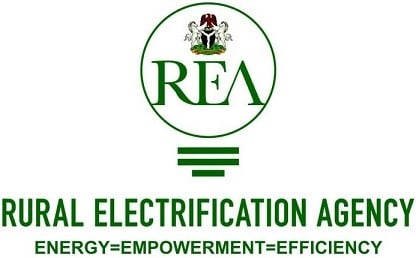Purchasing a car is an exciting milestone, but it’s also a significant financial commitment.
Before you make a decision to buy a car, it’s crucial to consider several factors that will ensure you choose the right vehicle for your needs and budget.
To help you navigate this process, AMBusiness has compiled a list of the top things to consider before buying a car.
-
- Determine your budget: First and foremost, establish a realistic budget for your car purchase. Consider your income, monthly expenses, and potential loan payments. Remember to include additional costs like insurance, maintenance, and fuel. Knowing your budget will help you narrow down your options and prevent you from overspending.
-
- Research vehicle types: Explore different car types and their specific features. Are you looking for a compact car, a spacious SUV, or a reliable sedan? Each vehicle type has its advantages and disadvantages, so consider your lifestyle, daily commute, and any specific requirements you may have.
-
- New vs. used cars: Decide whether you want to buy a brand-new car or a used one. New cars offer the latest features, warranties, and a sense of pride, but they also come with a higher price tag. Used cars, on the other hand, can be more affordable, but require careful inspection and potential maintenance costs. Evaluate your preferences and weigh the pros and cons of each option.
-
- Fuel efficiency: With rising fuel costs and environmental concerns, fuel efficiency is an essential factor to consider. Determine how many miles you typically drive and research the fuel efficiency ratings of the cars you’re interested in. Opting for a fuel-efficient vehicle can save you money in the long run and reduce your carbon footprint.
-
- Safety features: Safety should be a top priority when buying a car. Check for advanced safety features such as anti-lock brakes, airbags, stability control, and collision warning systems. Research the vehicle’s safety ratings from reputable sources like the National Highway Traffic Safety Administration (NHTSA) or the Insurance Institute for Highway Safety (IIHS).
-
- Reliability and maintenance costs: Look into the reliability and long-term maintenance costs of the car models you’re considering. Check for reviews, ratings, and reports on the vehicle’s reliability track record. High-quality cars with good reliability records may require fewer repairs and maintenance, saving you money and headaches down the road.
-
- Financing options: Explore your financing options and determine whether you’ll pay cash or finance your car purchase. If you choose to finance, compare interest rates and loan terms from different lenders to secure the best deal. Consider getting pre-approved for a loan to clearly understand your budget before visiting dealerships.
-
- Test drive and inspection: Before making a final decision, take the car for a test drive. Pay attention to the vehicle’s handling, comfort, and overall driving experience. Additionally, have a trusted mechanic inspect the vehicle thoroughly to identify any hidden issues or potential maintenance requirements.
-
- Insurance costs: Don’t forget to factor in insurance costs when buying a car. Specific car models may have higher insurance premiums due to factors such as repair costs, theft rates, or safety ratings. Contact your insurance provider to get an estimate of the premiums for the cars you’re considering.
-
- Resale value: While it may not be your immediate concern, considering the resale value of the car is prudent. Certain brands and models tend to hold their value better over time, which can be advantageous if you plan to sell or trade in your car in the future. Research the resale value of the cars you’re interested in to make an informed decision.
By carefully considering these factors before buying a car, you’ll be equipped to make a confident and well-informed purchase that aligns with your budget, needs, and preferences.










